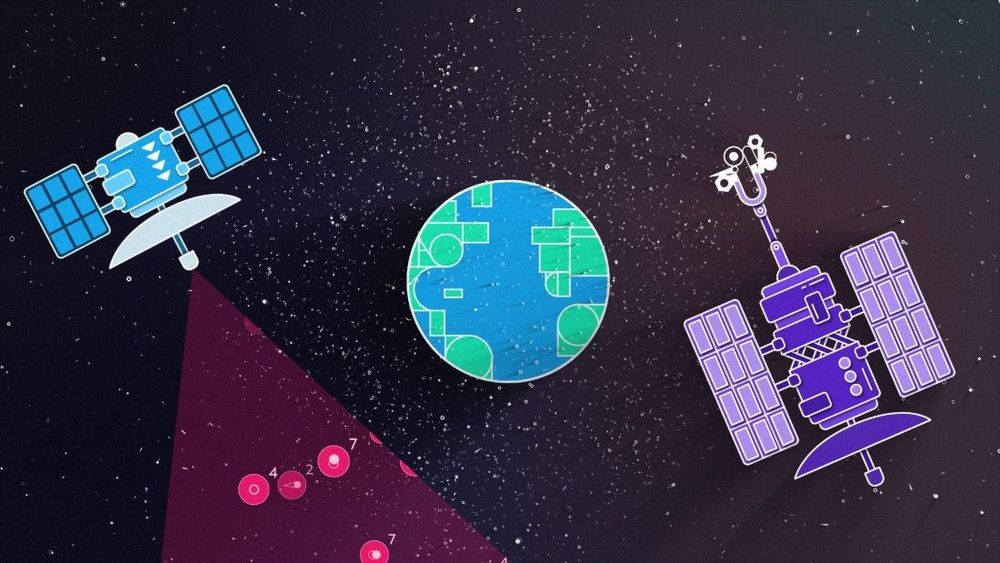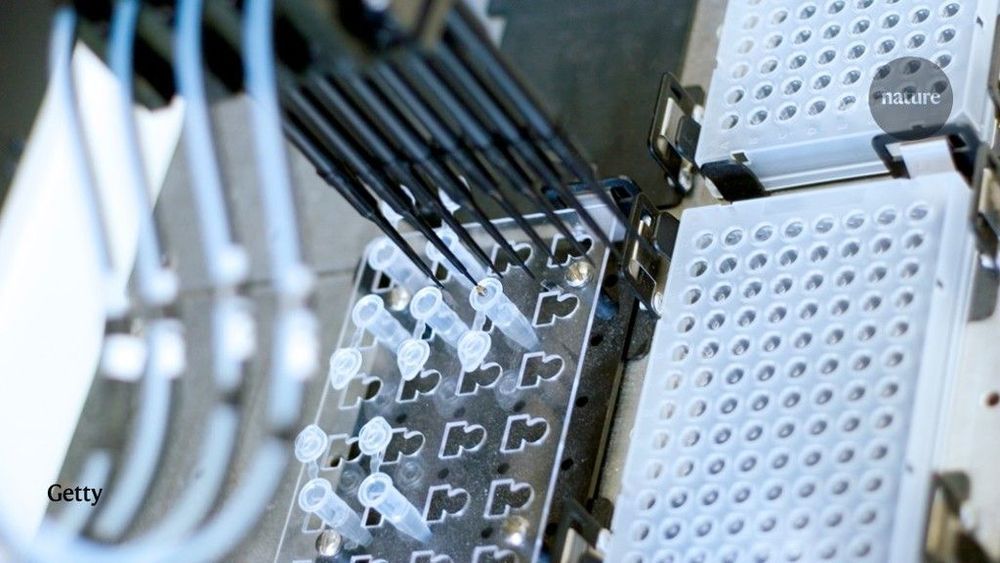Sirtuins, telomeres, A.I. experiment with vitamin A and personalized medicine, a bit of everything here.
https://facebook.com/LongevityFB https://instagram.com/longevityyy https://twitter.com/Longevityyyyy https://linkedin.com/company/longevityy
- Please also subscribe and hit the notification bell and click “all” on these YouTube channels:
https://youtube.com/Transhumania
https://youtube.com/BrentNally
https://youtube.com/EternalLifeFan
https://youtube.com/MaxEternalLife
https://youtube.com/LifespanIO
https://youtube.com/LifeXTenShow
https://youtube.com/BitcoinComOfficialChannel
https://youtube.com/RogerVer
https://youtube.com/RichardHeart
https://youtube.com/sciVive
Brian Kennedy’s Lab Website:








